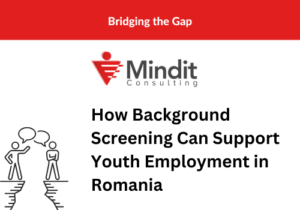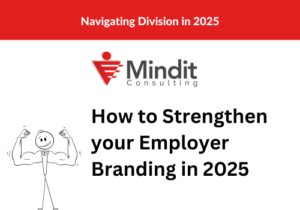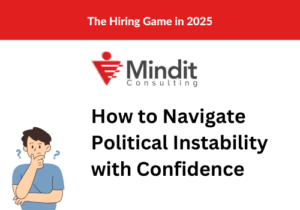Many companies know what an effective tool background checks are for their hiring process. It helps them gain consistent and essential information about their candidates and an overview to make an informed hiring decision while not being biased by the lack of information about the candidate. With such power coming from the process, there also comes great responsibility. Therefore, employers should be careful about the biases that may appear when gaining information. They should have job-related standards and policies regarding background screening and negative information that may exclude a candidate from employment.
An efficient and objective background screening process
Employers must be aware of the guidelines and policies regarding non-discriminative hiring processes.
Background checks should be the same for all candidates or specific positions, regardless of the particularities of the candidates. The background information should help employers make an informed and safe hiring decision, and they must not discriminate against people based on race, ethnicity, religion, age, sex, gender, disabilities, etc.
To have more efficiency and objectivity, many companies choose an external provider precisely because they have well-established processes and policies and cover the responsibility of the entire process.
Working with a background screening company
Working with a background screening provider can be a game changer. It saves internal resources for the HR department and can ensure a more unbiased and objective background check.
A background screening company specializes in this area; therefore, background screening analysts are trained to do this. Not only does the training and experience grant a more unbiased perspective, but the fact that being a third party automatically implies more objectivity will ensure more transparency and fewer biases in the gained information.
Working with sensitive information can lead to discrimination
When conducting background checks, you are automatically working with personal information. The information the candidate provides and the information you gain during the check can lead to discriminative hiring practices. Thus, the people conducting the process should pay attention and be careful.
For example, after the background check, you find that your candidate has something on a criminal record. A criminal record must not be the reason to disqualify a candidate. Before making the hiring decision, the employer must consider several factors (nature of the offense, how long ago it happened, position for which the candidate applies, etc.) Not taking into consideration such factors may result in discrimination.
Another tricky area is the social media background check. Social Media screening has grown over the last years because people are using social media platforms more and more. Social Media says a lot about people because it is a place where they share opinions, personal information, etc. Thus, checking such data could lead to certain biases when hiring someone. For sure, a social media screening should give a clear overview of the candidate’s professional life and highlight if there are any problematic aspects to be discussed.
For example, inappropriate behavior like sexual harassment on social media should be mentioned because it could harm the employees, clients, and overall the company, so you must consider this when hiring. A different example is one about the religious views resulting from the candidate’s online presence. Religious views from social media must not be reasons to discriminate against someone in a hiring process.
To conclude, biases are possible in a background screening process, which is why working with a third-party provider will help gain relevant information effectively and objectively. Promoting diversity and not discriminating during hiring is essential for a company with ethical values and great results.
Let’s get in touch: office@mindit.ro


